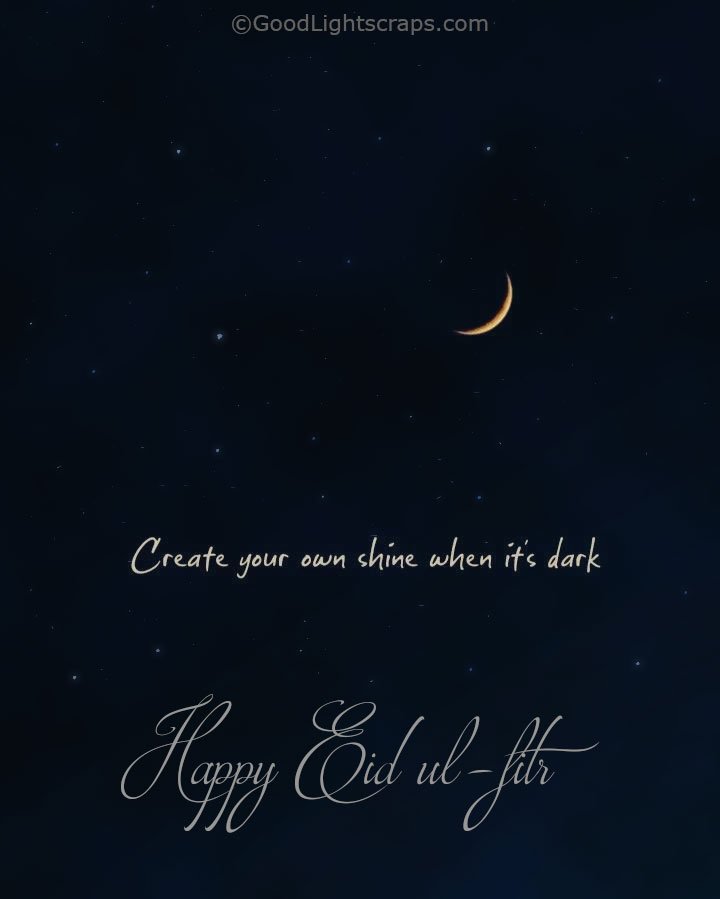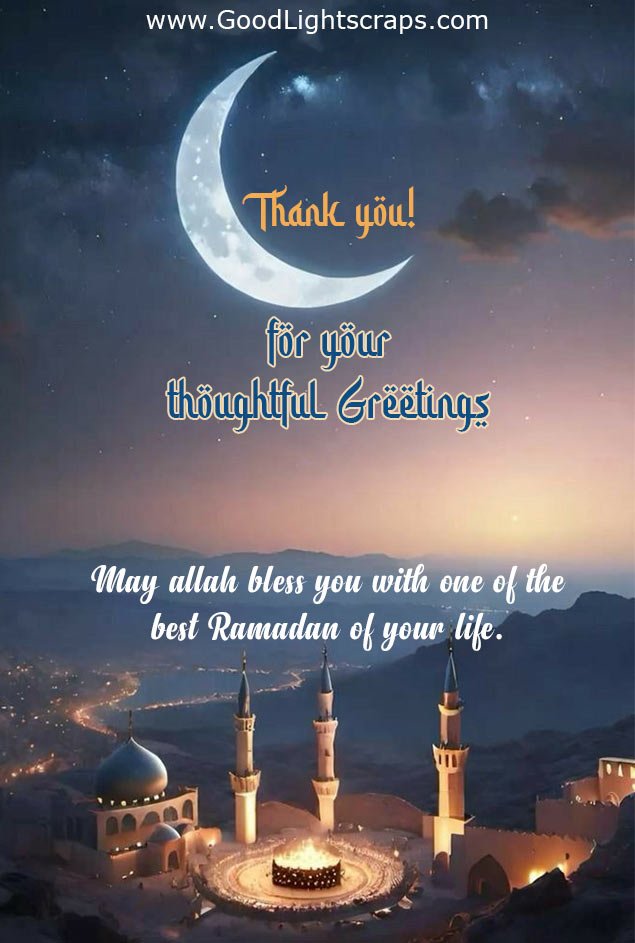The Spiritual Essence of Ramadan A Month of Fasting, Prayer, and Reflection
Ramadan is the holiest month in the Islamic calendar, observed by millions of Muslims worldwide. It is a time for fasting, prayer, self-discipline, and deep spiritual reflection. With high search volumes around Ramadan fasting benefits, Ramadan prayer times, and best Ramadan foods, this article will explore the significance of this sacred month while providing essential tips for making the most of it.
What is Ramadan
Ramadan is the ninth month of the Islamic lunar calendar, during which Muslims fast from dawn to sunset. This practice, known as Sawm, is one of the Five Pillars of Islam. Fasting during Ramadan is not only about refraining from food and drink but also about fostering self-control, patience, and spiritual growth.
The Significance of Ramadan
Ramadan is believed to be the month in which the first verses of the Quran were revealed to the Prophet Muhammad (PBUH). It is a time for Muslims to renew their faith, seek forgiveness, and strive for righteousness. The emphasis is on prayer, self-restraint, and generosity.
The Importance of Fasting in Ramadan
Fasting is a fundamental part of Ramadan. From Suhoor (pre-dawn meal) to Iftar (breaking of the fast), Muslims refrain from eating, drinking, smoking, and engaging in negative behaviors.
Fasting during Ramadan has physical, spiritual, and mental benefits. Research shows that intermittent fasting can improve metabolism, boost brain function, and aid in detoxification. However, the true essence of fasting lies in its spiritual rewards. By abstaining from worldly desires, Muslims strengthen their faith and build empathy for those less fortunate.
Ramadan Prayer and Worship
Prayer is a key component of Ramadan. Muslims perform five daily prayers, with an additional special prayers:
- Taraweeh: These are extra prayers performed after the Isha (night) prayer, often in congregation at the mosque.
- Laylat al-Qadr (Night of Decree): One of the last ten nights of Ramadan, considered the most blessed night of the year when supplications are highly rewarded.
- Dua and Dhikr: Reciting prayers and remembering Allah through supplications and reading the Quran is highly encouraged.
Make Your beloved one's morning more beautiful with Inspirational Ramadan Quotes Healthy Suhoor and Iftar Tips
Many search for healthy Suhoor ideas and best Iftar meals to sustain energy levels throughout the day. Here are some essential tips:
Sehri (Pre-Dawn Meal) Suggestions
- Complex carbohydrates (oats, whole grains) for sustained energy
- Protein-rich foods (eggs, yogurt, nuts) to maintain fullness
- Hydrating foods (cucumbers, watermelon) to prevent dehydration
Iftar (Breaking the Fast) Suggestions
Acts of Charity and Kindness in Ramadan
Charity, or Zakat, is an essential part of Ramadan. Many Muslims donate to the less fortunate, distribute food, and engage in community service. Giving back during Ramadan enhances spiritual fulfillment and strengthens community bonds.
Forms of charity include:
- Zakat al-Fitr: A mandatory donation given before Eid prayers
- Sadaqah: Voluntary charity given anytime to those in need
- Feeding the hungry: A highly rewarded act in Islam
Ramadan Etiquette and Do’s & Don’ts
Do’s:
- Show patience and kindness
- Increase prayer and Quran recitation
- Help the less fortunate
Don’ts:
Avoid gossip, backbiting, and negative speech
Do not waste food or overeat at Iftar
Avoid arguments and conflicts
Eid al-Fitr The Celebration After Ramadan
At the end of Ramadan, Muslims celebrate Eid al-Fitr, a joyous occasion marked by feasting, family gatherings, and charitable giving. It is a day of gratitude, where fasting comes to an end, and Muslims rejoice in their renewed spiritual connection.
Final Thoughts
Ramadan is a sacred month of self-improvement, devotion, and compassion. Whether you are observing the fast or learning about this significant time, understanding its values and traditions can foster deeper cultural appreciation. May this Ramadan bring peace, happiness, and countless blessings to all.
Ramadan Kareem!





